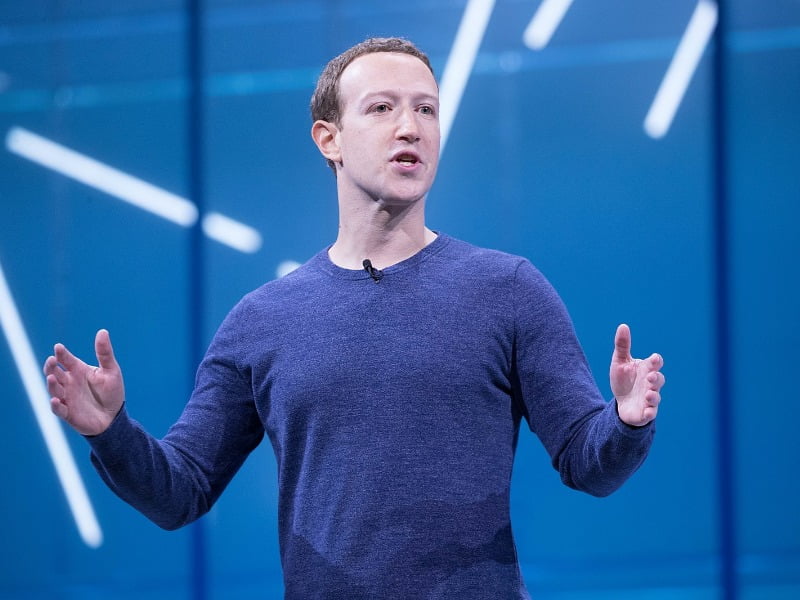Facebook has suspended the accounts of US researchers who had been scrutinising its role in misinformation, digital advertising and election campaigns with a tool that catalogued the social media giant’s targeted ads.
The company said its users’ privacy was at risk from the researchers’ work, despite it not collecting personal information.
Researchers from the New York University’s Centre for Cybersecurity have been studying how Facebook’s online advertising and targeting works, including developing and promoting an extension which copies the advertisements users see on Facebook and YouTube and adds them to a database.
The extension, known as Ad Observatory, and associated work, is an attempt to improve the transparency of tech giant’s advertising tactics, which are under increased scrutiny amid misinformation on the platforms.

On Wednesday, Facebook disabled the accounts, apps, pages and platform access associated with NYU’s Ad Observatory Project and its operators, saying their “scraping” work was not compliant with the company’s terms.
The ban includes the use of Facebook’s own reporting tools, widely used by researchers to monitor advertising and public content on the platform.
“While the Ad Observatory project may be well-intentioned, the ongoing and continued violations of protections against scraping cannot be ignored and should be remediated,” Facebook product management director Mike Clark said in a company blog post.
The researchers said the ban effectively impedes their scrutiny of Facebook, including their access to Facebook Ad Library data and Crowdtangle.
“Over the last several years, we’ve used this access to uncover systemic flaws in the Facebook Ad Library, identify misinformation in political ads including many sowing distrust in our election system, and to study Facebook’s apparent amplification of partisan misinformation,” NYU PhD candidate Laura Edelson, one of the researchers, said.
“By suspending our accounts, Facebook has effectively ended all this work.”
Facebook defended the ban, saying it had worked with the researchers for months to provide “precise access” to data in a privacy protected way, including 2020 US election advertising data. It claimed the Ad Observatory extension was scraping data, including of Facebook users who had not installed it or consented to collection.
“The researchers knowingly violated our Terms against scraping — which we went to great lengths to explain to them over the past year,” Mr Clark said.
The Ad Observer extension does not ask for or collect identifying information but users can voluntarily provide basic demographic information to help, according to the researchers which have published the extension code on Github.
NYU researcher Damon McCoy attacked the platform’s decision to block independent researchers.
“It is disgraceful that Facebook is attempting to quash legitimate research that is informing the public about disinformation on their platform,” Mr McCoy said.
“With its platform awash in vaccine disinformation and partisan campaigns to manipulate the public, Facebook should be welcoming independent research, not shutting it down. Allowing Facebook to dictate who can investigate what is occurring on its platform is not in the public interest.
“Facebook should not be able to cynically invoke user privacy to shut down research that puts them in an unflattering light, particularly when the ‘users’ Facebook is talking about are advertisers who have consented to making their ads public.
Do you know more? Contact James Riley via Email.

